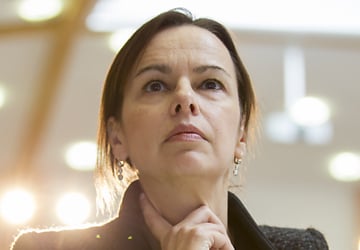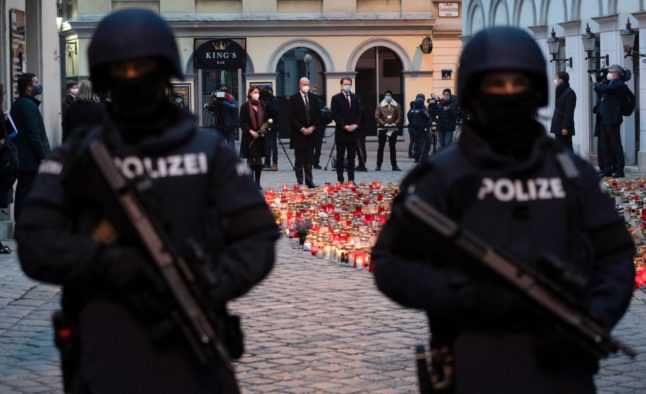Families Minister Sophie Karmasin (ÖVP) said that she was “surprised” by the high number of calls and that in three cases the Federal Agency for State Protection and Counterterrorism (BVT) had been informed. She said that 28 of the calls related to concrete suspicions of extremist activity.
She added that a similar hotline in Germany receives only around 500 calls a year.
The high level of calls in Austria showed that there was “a real need” for such a centre, and was also perhaps due to the fact that the centre is not linked to the police so is less intimidating, Karmasin added.
Twenty-eight calls were from concerned parents, and the rest were from teachers or social workers. Twenty-seven cases related to religiously motivated extremism and one case to right-wing extremism.
The remaining calls concerned general queries on the subject of extremism, Karmasin said. Seventeen cases involved boys, and 11 cases pertained to girls. The majority of calls (45) came from Vienna, and were mostly from women.
Recent events, such as the arrest of two girls who intended to travel to Syria, or the arrest of a boy who plotted a terror attack in Vienna, have caused concern for parents with children of a similar age, Karmasin said.
She added that the recent shootings in Paris seemed to have given people “a new sense of urgency”.
Verena Fabris, the head of the counselling centre, spoke of a mother who called because she was concerned about her daughter, who had converted to Islam and married a Salafist. However, she has since distanced herself from extremists. Fabris said that often it’s not just about religion, but about young people trying to establish their identity.
The centre also runs training workshops and distributes educational material on how to spot potential radicalization.
The advice is free and anonymous and all calls and emails will be treated in confidence. The number for the hotline is 0800 20 20 44. It is staffed Monday to Friday from 10am to 3pm.



 Please whitelist us to continue reading.
Please whitelist us to continue reading.